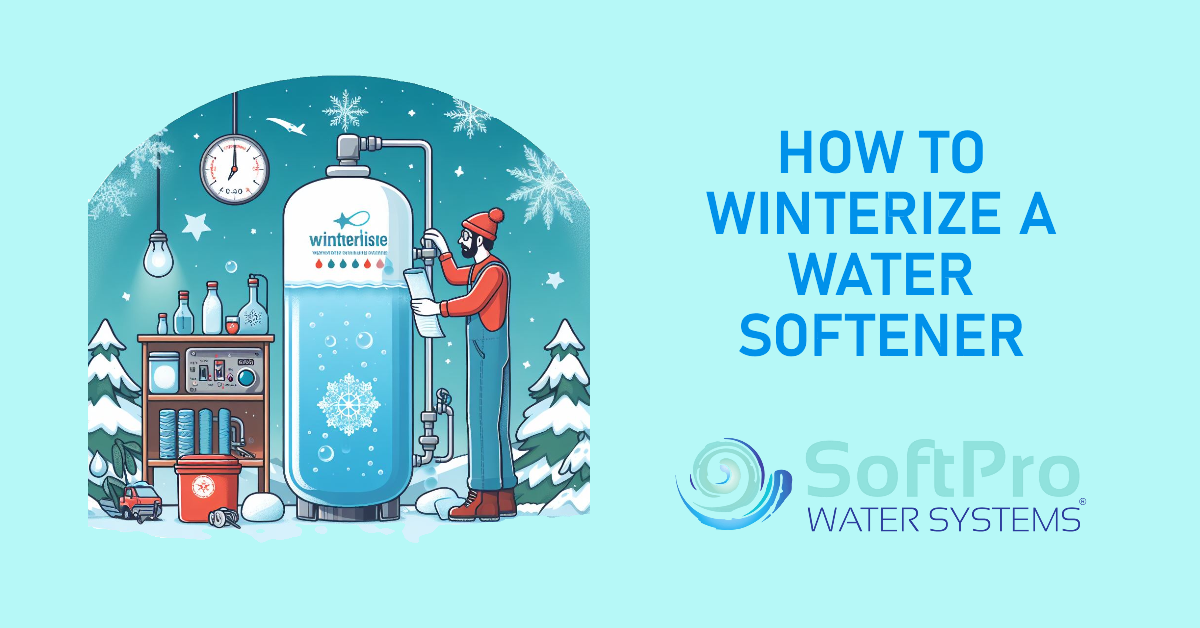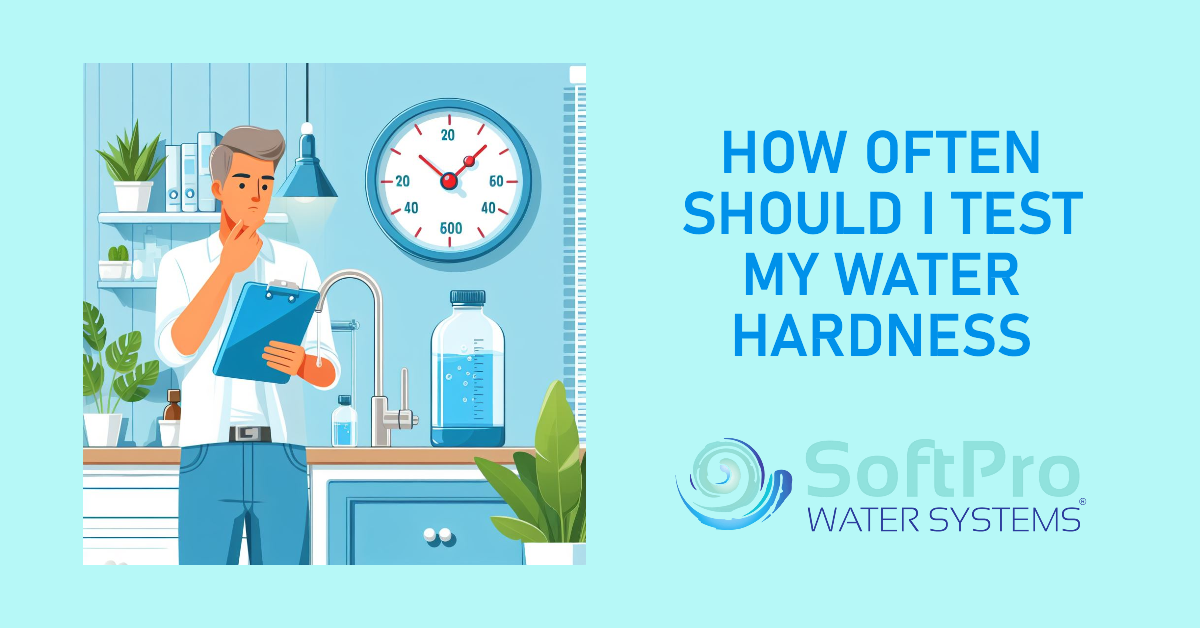How to Dispose of Water Softener Brine: A Safe and Responsible Guide
Table of Contents
Water softeners provide significant benefits for homes with hard water, but they generate a byproduct called brine. Disposing of this brine responsibly is essential for environmental protection and compliance with local regulations. This guide will explain the importance of proper brine disposal, address local regulations, and provide safe, effective disposal methods for your water softener.
Why Does Brine Disposal Matter?
- Environmental Impact: Improperly disposed brine can increase the salinity of waterways, harming aquatic life and potentially affecting drinking water sources. According to the U.S. Environmental Protection Agency (EPA), excess salts can disrupt ecosystems and pose challenges for water treatment plants (https://www.epa.gov/).
- Regulations: Many municipalities have specific ordinances governing water softener brine disposal to protect local wastewater treatment systems and the environment. Failure to comply can result in fines.
- System Longevity: In some areas, sending brine into a septic system can harm the beneficial bacteria that break down waste, jeopardizing your septic system's health.
Checking Your Local Regulations
- Municipal Website: Visit your city or county's website. Search for "water softener", "brine disposal", or "wastewater regulations".
- Waste Management Authority: Contact your local waste management provider for specific guidelines and restrictions.
- SoftPro Support: Our knowledgeable team can assist you in understanding regulations for your area. Contact us at [phone number] or visit our website: www.softprowatersystems.com
Safe and Responsible Brine Disposal Methods
- Sanitary Sewer (if permitted): In many areas, you may be able to discharge brine into the sanitary sewer system. Your local regulations will specify limits on flow rate and salt concentration.
- Gradual Dilution: If permitted, you may be able to slowly release diluted brine onto your lawn or landscape. Check regulations regarding frequency and concentration.
- Septic Systems: Exercise caution; consult your regulations and septic system professionals to determine if your system can handle brine and in what quantities.
- Professional Disposal Service: Some waste management companies offer brine pickup or disposal services, especially in regions with stricter regulations.
Alternatives to Reduce Brine Waste
- High-efficiency Water Softener: Modern softeners often utilize technology that significantly reduces both salt and water waste during the regeneration process. SoftPro Water Systems offers cutting-edge systems that minimize environmental impact.
- Salt-Free Water Conditioner: Salt-free systems alter the minerals in hard water to prevent scaling without generating brine. Note that these systems don't technically soften water.
- Potassium Chloride: If permitted, using potassium chloride instead of sodium chloride salt can lessen brine's environmental impact.
SoftPro: Your Partner for Softer Water and a Healthier Environment
At SoftPro Water Systems, we understand the importance of environmentally responsible water softening solutions. Our advanced systems minimize brine output, and we're committed to helping you find the best disposal options for your area.
FAQs
Can I just dump water softener brine down the drain?
Absolutely not. Always check your local regulations. Many areas have strict rules regarding brine discharge to protect waterways and wastewater treatment systems.
Is there a way to make water softener brine less harmful?
While dilution can help, consider options like high-efficiency softeners that generate less brine, salt-free conditioners (note: they don't truly soften water), or in some cases, using potassium chloride as an alternative salt.
Does my septic system handle water softener brine?
It depends on your septic system's design and local regulations. Excess salt can disrupt the beneficial bacteria in your septic tank, potentially leading to system failure. Consult with a septic professional and your municipality for guidance.
Are there companies that handle brine disposal for me?
Yes, especially in areas with strict disposal regulations, some waste management companies may provide specialized brine pickup or disposal services.
Summary and Key Takeaways
While water softeners offer significant benefits, responsible brine disposal is crucial to minimize environmental impact. Understanding local regulations is a top priority, as these can vary widely, with some areas imposing strict limits on brine disposal. Water softener brine, which often contains sodium chloride, can impact aquatic ecosystems if not disposed of responsibly. Consulting local authorities about specific ordinances, coupled with exploring environmentally conscious alternatives like salt-free water conditioners, promotes sustainable water softening practices.
Key Takeaways
| Concept | Importance |
|---|---|
| Local Regulations | Always the primary source of disposal guidelines |
| Environmental Impact | Prioritize methods with minimal harm to waterways |
| Brine Alternatives | Explore options that generate less waste |
| Professional Assistance | Seek help when regulations are complex or uncertain |
Ready to make an environmentally responsible choice for your water softening needs?
Contact SoftPro Water Systems today. Let our experts guide you towards the optimal water softening solution and safe brine disposal practices for your home and community.




![SoftPro Chlorine+ Carbon Whole House Water Filter to Remove PFAS, Chlorine, Chloramine & Pesticides [City Water Filters Series]](http://www.softprowatersystems.com/cdn/shop/products/softpro-whole-house-chlorine-filter-282008.jpg?v=1758858973&width=140)
![SoftPro Iron Filter - Iron Master AIO - Best Iron Filter for Well Water [Air Injected Water Filter / Katalox]](http://www.softprowatersystems.com/cdn/shop/products/softpro-iron-master-aio-water-filtration-system-remove-iron-sulfur-manganese-using-air-injection-for-optimal-performance-412868.jpg?v=1758859831&width=140)













